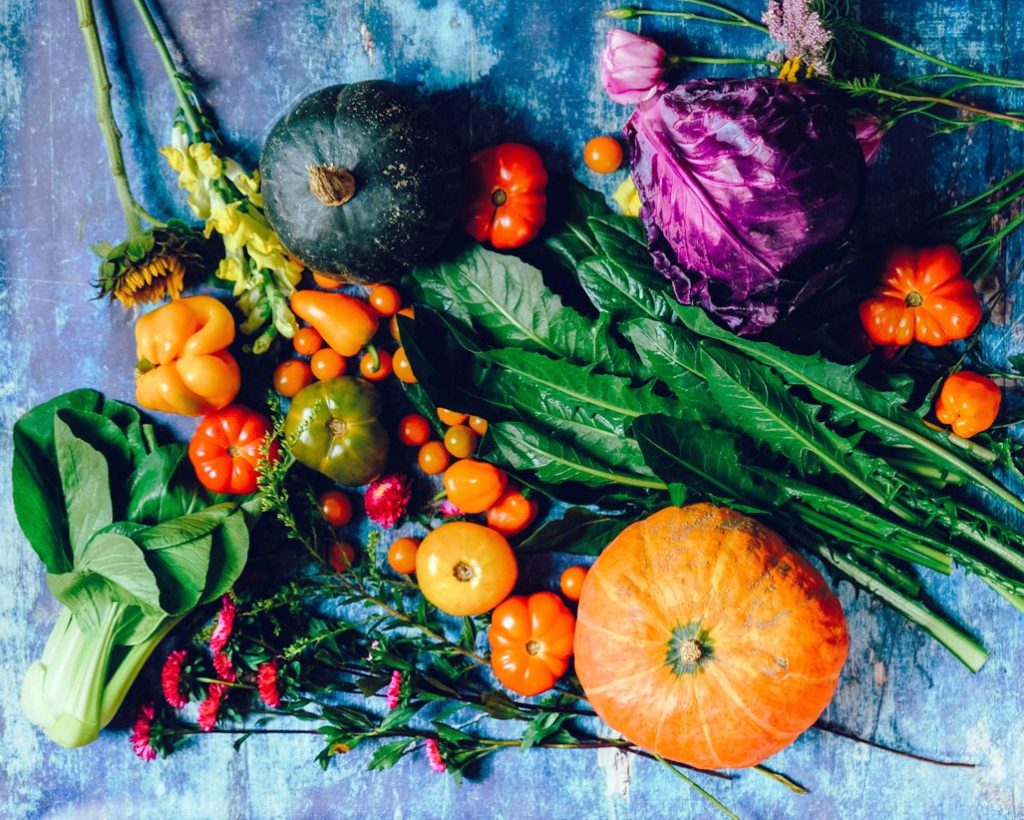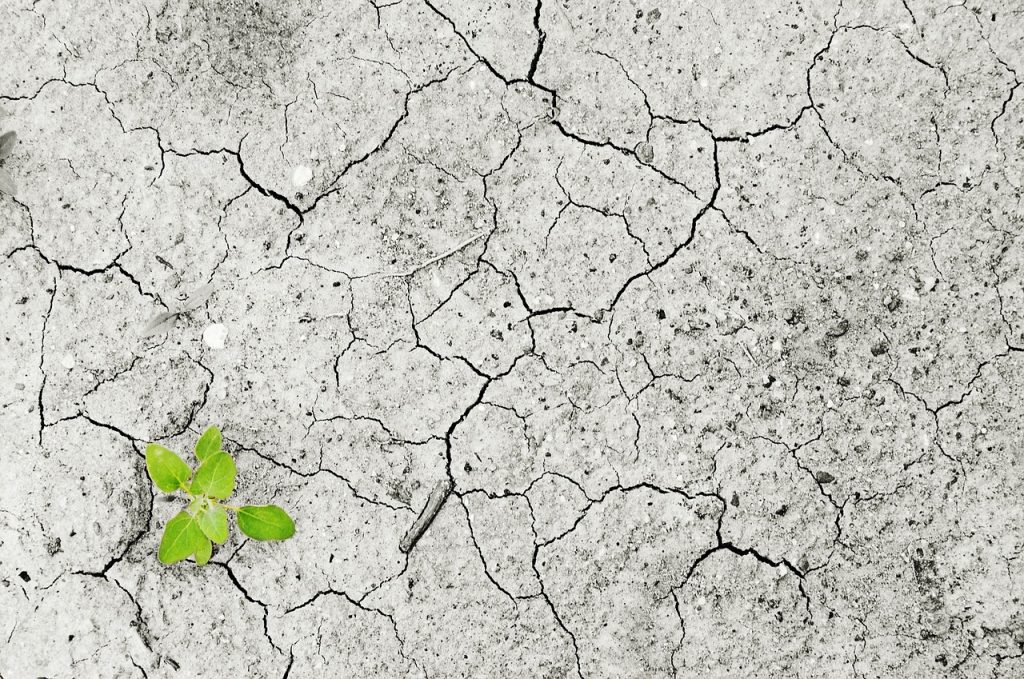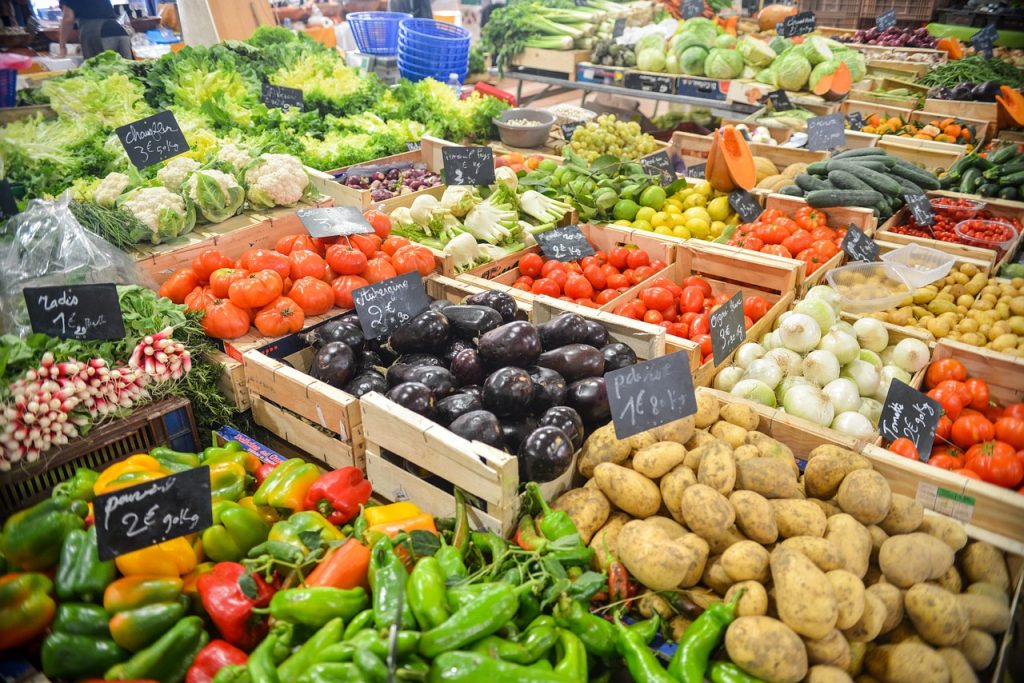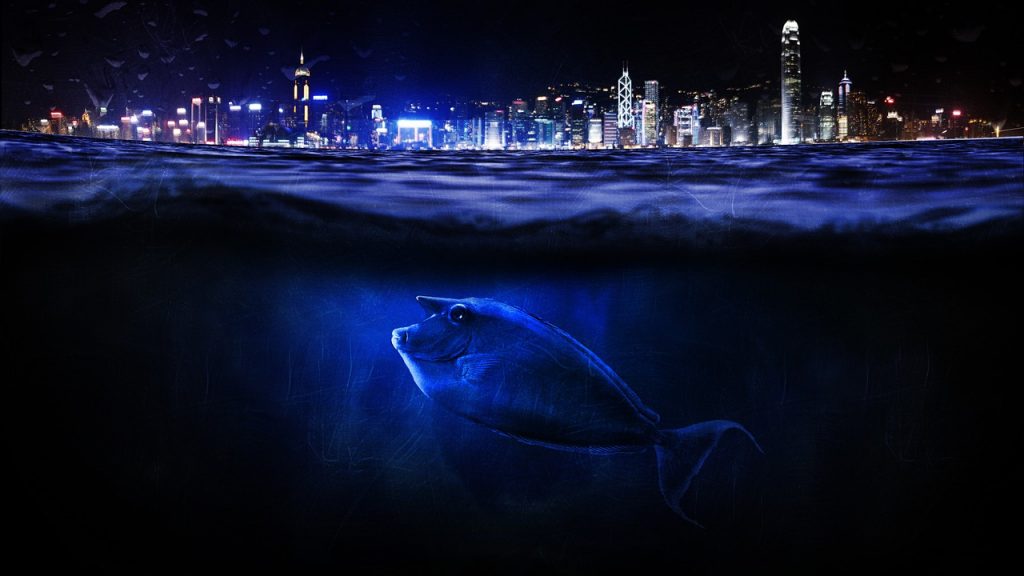
Are you surprised that eating more vegetables is actually good for the environment? If you have been searching high and low on how you could help save our mother Earth, the answer is sitting right here in front of you. In fact, eating more vegetables is the simplest and cheapest thing you could do to achieve a better health and a greener environment.
Putting aside health benefits, those tender filet mignons you savour in a restaurant is responsible for the significant climate change which makes the planet sick. Behind the plates is a substantially wasteful, energy and land system that is so greed of farming that it depletes forests, pollutes water and air surface.
We are not advocating you to adopt a meatless diet from tomorrow onwards, but rather to raise your “meat consciousness” diet. By reducing the level of meat consumption and shifting to more plant-based diet, you may finally found the answer.
To be exact, eating more vegetables is the answer on how to combat the myriad climate issues and cure the health of the planet by making it greener. As green as a floret of brocolli. If you have been looking for a sign to start saving the environment, this is it!
Say goodbye to the heat

Here’s a fun fact: omitting meat off your menu could be a greener option than giving up your car. Even cheaper than buying a Prius car. In 2006, UN Food and Agriculture Organization found that the livestock sector generates more greenhouse gas emissions than all modes of transportations on the planet combined. Humans eat twice as much more meat than 30 years ago and raising livestock is almost similar to raising a child.
It requires a vast amount of food and water, but the methane, other greenhouse gases and physical waste they emit are one of the largest contributors to environmental degradation. Switching to a semi plant-based diet saves of at least 30% more of the carbon emissions than driving a Prius. Who knew a livestock fart could be that much of a problem?
So many people, so little space
Humans being humans, we are expected to keep on growing with an estimated population of 8.4 billion people by mid-2030. We require a greater amount of food to feed all the hungry tummy of ours. Meanwhile, animals use 30% of the Earth’s land mass in the present days. Considering we would need to eat more food, that would also mean we need more land for the livestock to live in and grow crops to feed them.
But overstocking and overgrazing those fragile lands to feed everyone’s hunger for meat also means other things. It can cause erosion, desertification, loss of fertility and flooding which makes the land far from being liveable. If that is the case, where are we supposed to stay when the rest of the land is either dedicated or depleted due to our greed for meat?
Food for everyone

Carbohydrate is love. Who on earth does not love carbohydrates? Even animals love them. In fact, 70% of the grain grown is fed to livestock instead of us humans. In all honesty, we can feed the needs of 8.7 billion people if they consume the grains instead of the animals. Not so surprisingly, that is more than the entire human population on Earth.
Taking all resources into account, one acre of land can produce 250 pounds of beef. But… there’s a but. The same acre of land can produce 50,000 pounds of tomatoes and 53,000 pounds of potatoes. That amount is at least 200x more than the beef production. There will probably be no more hunger in the world with that amount of food.
Keeps you hydrated
“Nothing is free anymore in the world. Even we have to pay to drink clean water.”
Have you ever given a thought on why exactly do we have to pay for water though? If you have, you would not have said the given phrases because it would be ironically pointing the finger at yourself. Farming for crops uses 70% of water available to humans and the higher the demands for proteins, the less will available both for humans and livestock.
The protein you are consuming is a result of second-hand water consumption, from the animal then to yourself. At any rate, it takes 4,200 gallons of water per day to fulfil our animal based diet, as compared to 300 gallons of water per day for a plant based diet.
Smell the sapphire blue ocean

If you’re complaining about how the supposedly breathtaking, sapphire blue oceans are actually dull and tarnished in real life, the answer is right here. The polluted, “dead zone” seas are a result of several issues. The pure, clean river is sweep down with an an immense quantities of excess nutrients from animal waste, factory farms, nitrogen compounds, sewage and fertilisers.
As a result, harmful algae proliferate and take up all the oxygen in the water. It then leaves only a little oxygen for the beautiful plethora of coral reefs that showcase the ocean’s beauty. As one thing leads to another, the scenic beauty of the sea is nowhere to be seen but a coastline with piles of litter. Will we be able to take an Instagram-able photo of (on) the beach anymore in the years to come? It is possible if you start eating less meat!
It is safe to say that the earth simply would not be able to sustain the population need based on our present diet. Our effort may not be visible overnight, but the choice we take to take a different path for a better life is already one step ahead.
We can all make a change and with one little action, and the chain reaction will never stop. You do not have to think of what it would be if the entire world chooses to eat more greens and fewer animals in their life anymore – the grass we live in would be greener than any we have ever been before.
